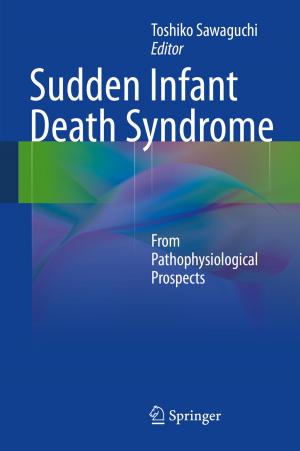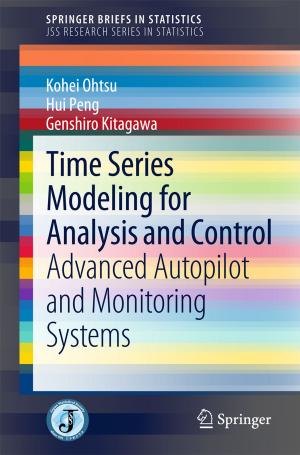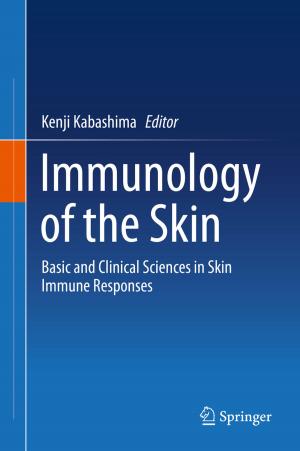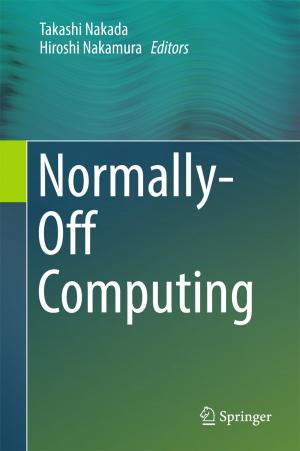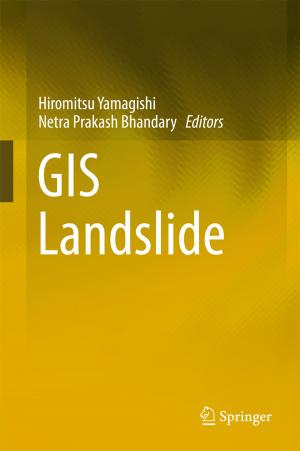Regenerative Medicine for the Inner Ear
Nonfiction, Health & Well Being, Medical, Specialties, Otorhinolaryngology, Science & Nature, Science, Other Sciences, Molecular Biology| Author: | ISBN: | 9784431548621 | |
| Publisher: | Springer Japan | Publication: | August 5, 2014 |
| Imprint: | Springer | Language: | English |
| Author: | |
| ISBN: | 9784431548621 |
| Publisher: | Springer Japan |
| Publication: | August 5, 2014 |
| Imprint: | Springer |
| Language: | English |
The research described in this book represents important steps toward understanding the development of inner ear medicine and new perspectives in regenerative medicine, including efficacy in cochlear implants and various other treatments. The book depicts the mechanisms that underlie inner ear diseases, their experimental models, and proposals for new strategies to treat their symptoms. As well, the exciting future prospects for dealing with the very common problem of inner ear diseases are explained. These disorders occur among many people and include sensorineural hearing loss (SNHL), sudden deafness, senile deafness, noise-induced deafness, tinnitus, dizziness–vertigo, and Ménière’s disease. In Japan alone, there are more than 6 million deaf patients including those with middle-range deafness. There is currently no effective treatment, and regardless of the underlying cause, the damage has been considered irreversible. However, the results of recent research show that these patients actually can recover. The study of hair cells, spiral ganglion neurons, and stem cells for inner ear diseases such as SNHL, tinnitus, dizziness, and vertigo is at the forefront of regenerative medicine and may provide solutions to some of these problems. The information presented here makes this book a valuable professional reference work for all doctors and researchers in the field of otolaryngology who focus on regenerative treatments for inner ear diseases.
The research described in this book represents important steps toward understanding the development of inner ear medicine and new perspectives in regenerative medicine, including efficacy in cochlear implants and various other treatments. The book depicts the mechanisms that underlie inner ear diseases, their experimental models, and proposals for new strategies to treat their symptoms. As well, the exciting future prospects for dealing with the very common problem of inner ear diseases are explained. These disorders occur among many people and include sensorineural hearing loss (SNHL), sudden deafness, senile deafness, noise-induced deafness, tinnitus, dizziness–vertigo, and Ménière’s disease. In Japan alone, there are more than 6 million deaf patients including those with middle-range deafness. There is currently no effective treatment, and regardless of the underlying cause, the damage has been considered irreversible. However, the results of recent research show that these patients actually can recover. The study of hair cells, spiral ganglion neurons, and stem cells for inner ear diseases such as SNHL, tinnitus, dizziness, and vertigo is at the forefront of regenerative medicine and may provide solutions to some of these problems. The information presented here makes this book a valuable professional reference work for all doctors and researchers in the field of otolaryngology who focus on regenerative treatments for inner ear diseases.


